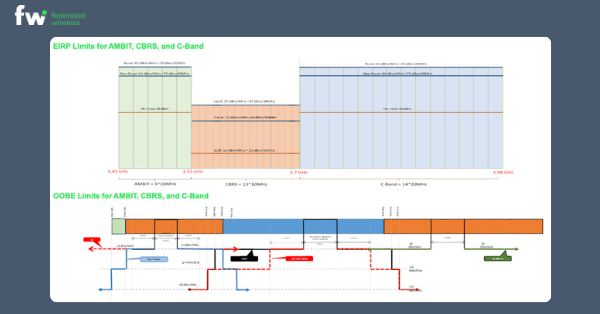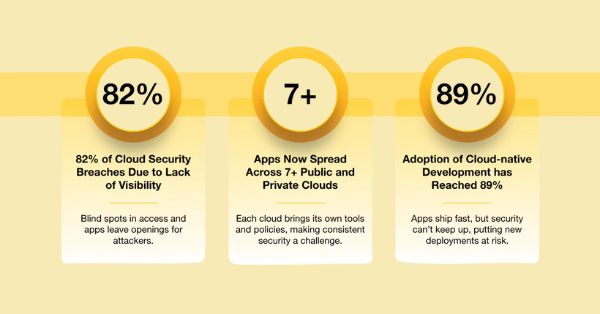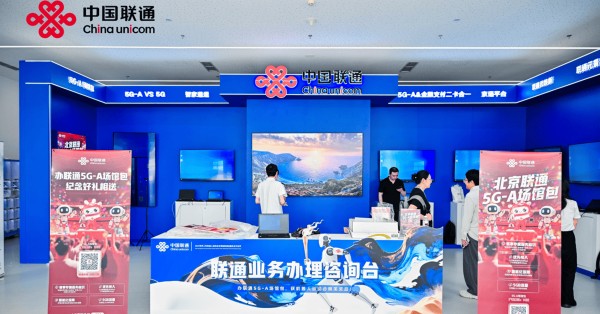Wireless pioneer Betacom, an enabler of Industry 4.0 through private 5G wireless networks, is now a partner at MxD, the Digital Manufacturing Institute, and the National Center for Cybersecurity in Manufacturing, and will provide the organization’s Chicago headquarters and Factory Floor Lab with a private 5G network. The network, one of the US’s first indoor private 5G deployments, will serve as the foundation to develop and enable technologies that power Industry 4.0.
Industry 4.0 is a tech-powered revolution with the capacity to bring manufacturing back to the United States. The automation which sits at the core of the movement can concentrate supply lines closer to customers, reduce the need for manual labor in manufacturing, drive new business models, and refine traditional business models to deliver next-level goods and services. The high speed and low latency of private 5G networks, combined with strong security protocols, enable IoT deployments that drive manufacturing, warehousing, and other environments to stronger productivity gains and optimal efficiency.
“Cutting-edge communication capabilities introduce the ability to get data in near real-time to make faster, better-informed decisions in manufacturing facilities across the United States,” said Chandra Brown, CEO of MxD. “ 5G is an enabling technology that will help unlock potential for manufacturers to be more efficient and competitive, and we are excited to deploy this private network at MxD in partnership with Betacom.”
Betacom 5G as a Service, the industry’s first fully-managed private wireless service, is a game changer for many U.S. enterprises with access to cost-effective, high-performance 5G networks designed, deployed and managed by one of the most trusted names in wireless networking. Betacom has a long and successful history of wireless deployments in mid-to-large enterprises leveraging carrier-class equipment and expertise to meet users’ most pressing connectivity needs.
The MxD network is being deployed by Betacom in combination with its partners Airspan Networks Inc., a subsidiary of Airspan Networks Holdings Inc. (NYSE American: MIMO), which is providing the new 5G radio access network, and Druid Software, which provides the 5G core software. Network design and deployment is conducted by Betacom, with network management delivered via its modern cloud-based Security and Service Operations Center (SSOC) built on Zero Trust security design principles.
A leader and innovator, Airspan’s end-to-end Open RAN (Radio Access Network) solution is at the forefront of CBRS shared spectrum connectivity and was the first in the U.S. to have its 5G CBRS small cells certified by the Federal Communications Commission. Airspan also has been instrumental in helping to accelerate the development of the 5G CBRS ecosystem by performing interoperability testing with industry leaders. Airspan’s small cell radios and software support several virtualization options, based on standards from 3GPP, the O-RAN Alliance and the Small Cell Forum, together with an all-in-one architecture option.
“Airspan is a leader in innovative 5G private network deployments,” said Glenn Laxdal, Airspan’s president and chief operating officer. “We are proud to be an integral part of delivering this Industry 4.0 deployment, working with Betacom and Druid to position MxD to accelerate the private network ecosystem for innovative manufacturing use cases.”
Betacom’s 5GaaS runs on Druid Software’s Raemis 5G core, a market leading 3GPP compliant 5G/4G core network designed specifically for critical enterprise communications requiring variable scalability. The platform is differentiated by its ability to easily prioritize and “slice” devices while providing them with a guaranteed quality of service. Built on an open REST API, Raemis provides easy integration to critical enterprise applications and makes private networks simple to use and manage with a user-friendly dashboard.
“We are delighted to support our partners Betacom at MxD and join this esteemed group of advanced manufacturing technology companies,” said Druid Software CEO Liam Kenny. “Our Raemis 5G SA platform is ideal for delivering the lowest possible latency and guaranteed (QoS) quality of service data necessary for these Industry 4.0 use cases as this group works towards redefining manufacturing standards globally.”
“We are extremely pleased to have joined MxD and look forward to collaborating closely with our partners, who include the most innovative manufacturing technology companies in the world today,” said Betacom CEO Johan Bjorklund. “The opportunity that this collection of organizations has to truly redefine the nature and the direction of manufacturing globally, and to return manufacturing to the U.S., cannot be overstated. We are incredibly proud to be able to supply the high-performance, highly-secure network that will support those efforts.”
About Betacom
Betacom offers the first fully managed private 5G network, building on its long history as a wireless infrastructure provider to AT&T, T Mobile, and Verizon. Founded in 1991 and headquartered in Bellevue, Washington, the company has regional offices throughout the country. Having completed more than 800
large-scale design and deployment projects, Betacom inspires confidence among their customers who have worked closely with them to meet their pressing high-performance connectivity needs. Its private 5G wireless service is the first managed service of its kind in the United States. For more information, visit www.betacom.com.
About MxD
MxD, the nation’s Digital Manufacturing Institute and the National Center for Cybersecurity in Manufacturing, is where innovative manufacturers go to forge their futures. In partnership with the Department of Defense, MxD equips U.S. factories with the digital tools, cybersecurity, and workforce expertise they need to begin building every part better than the last. As a result, our approximately 300 partners increase their productivity, win more business, and strengthen U.S. manufacturing. Learn more at mxdusa.org.































